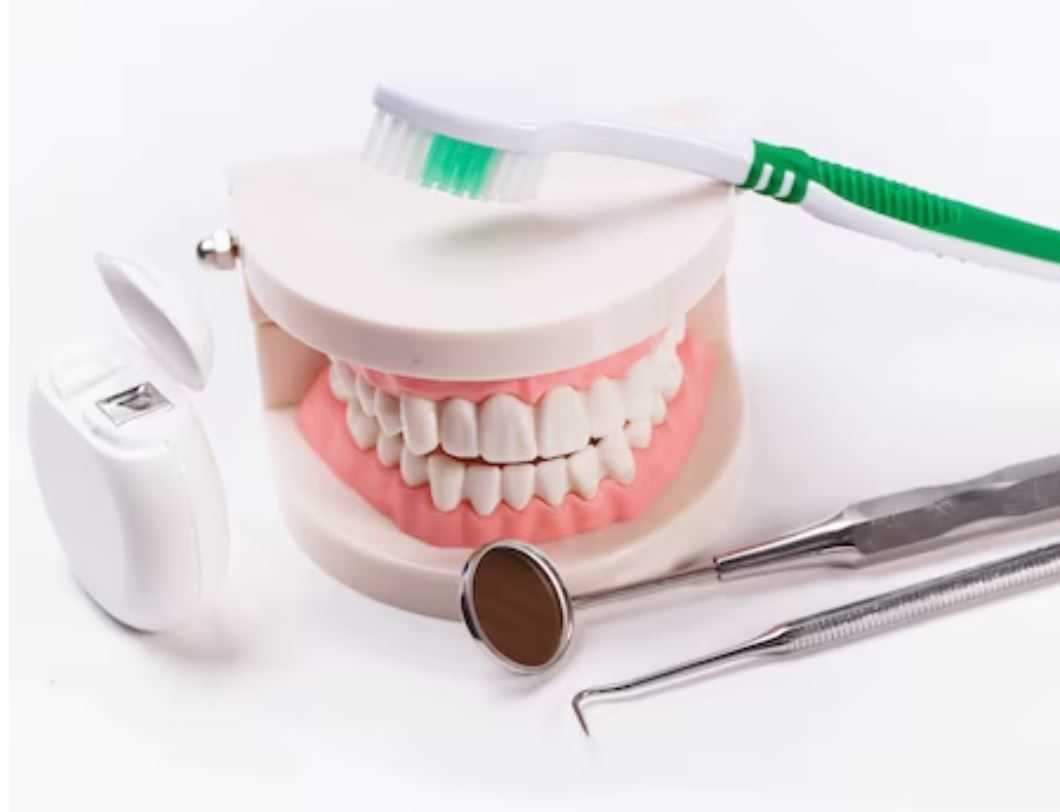Dental Service Organizations (DSOs) have become integral to the modern dental industry, providing streamlined and efficient management solutions to multiple dental practices. The effectiveness of a DSO greatly relies on its capability to uphold high standards of performance and adherence throughout its network of practices. Dental software is instrumental in supporting DSO practice management, providing powerful tools and features that enhance productivity, drive performance, and guarantee regulatory compliance. Let’s explore how dental software aids DSOs in achieving their goals effectively.
1. Centralized Data Management
One of the key advantages of dental software for DSOs is the ability to centralize data management. With multiple dental practices under their umbrella, DSOs need a unified system to access and analyze critical data across the entire network. Dental software enables DSOs to gather, store, and retrieve patient records, financial data, and operational metrics efficiently. This centralized approach streamlines decision-making processes and allows for better insights into the performance of each practice and the DSO as a whole.
2. Enhanced Efficiency and Productivity
Dental software solutions are designed to optimize workflow and automate various administrative tasks, leading to improved efficiency and productivity. Staff members can reduce their manual workloads and focus on providing top-quality care to patients with the help of features such as appointment scheduling, patient communication tools, and electronic health records. This results in a more streamlined revenue cycle for both the DSO and individual practices as billing and insurance processing become more efficient.
3. Performance Analytics and Reporting
DSOS needs to analyze performance metrics to pinpoint areas for improvement and develop effective strategies. Dental software comes with advanced analytics and reporting features that provide detailed insights into key performance indicators (KPIs) like patient retention rates, treatment acceptance rates, and revenue growth. Armed with this information, DSOs can make data-driven decisions to enhance overall performance and profitability across their network.
4. Compliance Management
Maintaining compliance with dental industry regulations is of paramount importance for DSOs. Dental software includes features that aid in compliance management, ensuring that practices adhere to local, state, and federal guidelines. These systems often include built-in tools to track and manage documentation related to patient consent forms, treatment plans, and billing procedures. Regular updates keep the software in sync with the latest regulations, providing DSOs with peace of mind and mitigating the risk of legal issues.
5. Training and Support
Effective training and ongoing support are critical for successfully implementing and utilizing dental software within a DSO. Dental software providers with good reputations provide thorough training programs to help DSO employees fully understand how to use the platform. Additionally, helpful customer support teams are always available to address any questions or problems that may come up during daily operations. By combining training and support, DSOs can maximize the benefits of their software investment and achieve the best possible outcomes.
Conclusion
Dental software plays a vital role in supporting DSO practice management by driving performance and ensuring compliance across the network of dental practices. The centralized data management capabilities streamline decision-making processes while enhanced efficiency and productivity boost overall operational effectiveness. Performance analytics and reporting enable DSOs to make data-driven decisions, leading to continued growth and success.
In addition, using compliance management features can assist DSOs in meeting regulatory requirements and avoiding legal issues. By investing in reliable dental software solutions and utilizing available training and support, DSOs can improve their operations and attain their objectives in the constantly changing and competitive dental industry.




